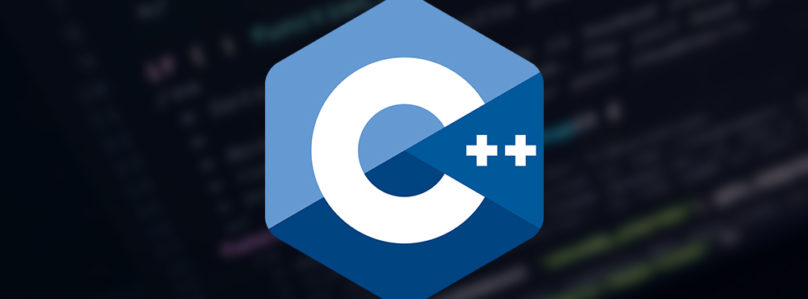
Advance C++
WHAT IS ADVANCE C++
Advance C++ is a general-purpose programming language. It has imperative, object-oriented and generic programming features, while also providing facilities for low-level memory manipulation.
It was designed with a bias toward system programming and embedded, resource-constrained and large systems, with performance, efficiency and flexibility of use as its design highlights. C++ has also been found useful in many other contexts, with key strengths being software infrastructure and resource-constrained applications, including desktop applications, servers (e.g. e-commerce, Web search or SQL servers), and performance-critical applications (e.g. telephone switches or space probes). C++ is a compiled language, with implementations of it available on many platforms. Many vendors provide C++ compilers, including the Free Software Foundation, Microsoft, Intel, and IBM.
Many other programming languages have been influenced by C++, including C#, D, Java, and newer versions of C.
WHY USE ADVANCE C++
- As a middle level language, C combines the features of both high level and low level languages. It can be used for low-level programming, such as scripting for drivers and kernels and it also supports functions of high level programming languages, such as scripting for software applications etc.
- C is a structured programming language which allows a complex program to be broken into simpler programs called functions. It also allows free movement of data across these functions.
- C language is case-sensitive.
- C is highly portable and is used for scripting system applications which form a major part of Windows, UNIX and Linux operating system.
- C is a general purpose programming language and can efficiently work on enterprise applications, games, graphics, and applications requiring calculations.
- C language has a rich library which provides a number of built-in functions. It also offers dynamic memory allocation.
SYLLABUS C++
- Programming in C++ is Fun : Build and execute a C program in C++, Write equivalent programs in C++
- C++ as Better C: Procedural Extensions of C
- Overview of OOP in C++: Classes and basic Object-Oriented features (encapsulation)
- Overview of OOP in C++: More OO features, overloading, namespace and using struct and union
- Inheritance: Generalization / Specialization of Object Modeling in C++
- Polymorphism: Static and Dynamic Binding
- Type Casting & Exceptions: C++ cast operators; C++ Exceptions & standard exception classes
- Templates & STL– Function and Class templates and using STL like containers, algorithms